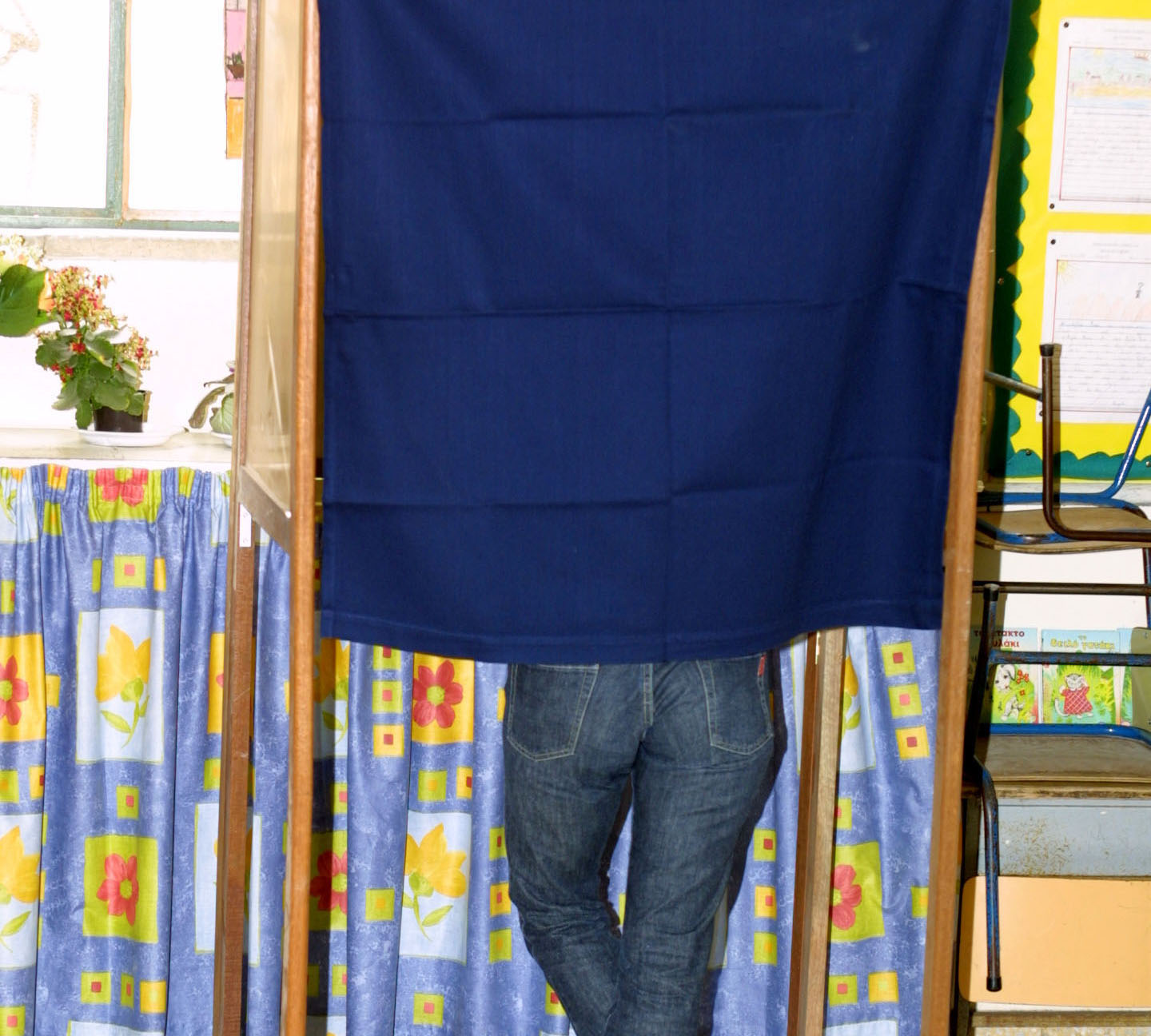Scores of bills relating to the conduct of elections head to the House plenum for a vote on May 22, addressing such matters as campaign spending, the electoral roll and the filing and processing of objections.
The House interior affairs committee held a closed-doors session on Monday, to be followed by another session on Thursday, as MPs seek consensus on the cluster of government bills and legislative proposals tabled.
According to committee chair Aristos Damianou, a great deal of progress has been achieved, though there are some pending issues needing further discussion and these would be revisited once parliament reconvenes in September after the summer break.
The issues that have been cleared up and will go to the plenary later this month, include changes to the electoral roll, campaign spending and accessibility to polling stations for disabled persons – the latter an Akel proposal.
Also, said Damianou, lawmakers have agreed that the electoral roll will close on October 2 of the year prior to that in which elections are held.
“Matters such as horizontal voting, the election of nationwide MPs and other related matters, do not garner a majority and will be referred to a continuation of the discussion, which in any case has not been completed, so these will not concern the parliamentary elections of May 2026.”
In horizontal voting – being proposed for elections for MPs, MEPs and municipal councilors – voters would receive two ballots: one to vote for a party, a combination of parties or independents or a single candidate, while the second ballot would see voting for individual candidates.
Other issues which MPs will try to wrap up by the end of the month include automatic registration into the electoral roll, and eligibility to vote as of age 17.
These have been proposed by the government. Automatic voter registration would apply to citizens of Cyprus who live in areas under the control of the Republic and who hold a valid identity card.
Responding to a question, Damianou said neither automatic voter registration nor lowering the voting age (expanding the electoral roll by about 85,000 persons) are expected to affect the distribution of seats per electoral district.
Meantime a proposal by the Edek party would see the number of MPs increase from the current 56 to 66, with the creation of 10 extra seats. These 10 extra seats would be held by ‘nationwide’ MPs.
Current MPs are only voted for by constituents of the same district. There are six electoral districts: Nicosia, Limassol, Famagusta, Larnaca, Paphos and Kyrenia.
Another issue has to do with the distribution of seats. Under the current system, the distribution of seats in legislative elections provides for two phases.
In the first distribution phase, straightforward proportional representation applies. In the second phase (itself broken down into distinct stages) a system of ‘reinforced’ proportional representation applies, with a threshold of 3.6 per cent and 7.2 per cent of the valid votes cast, respectively.






Click here to change your cookie preferences